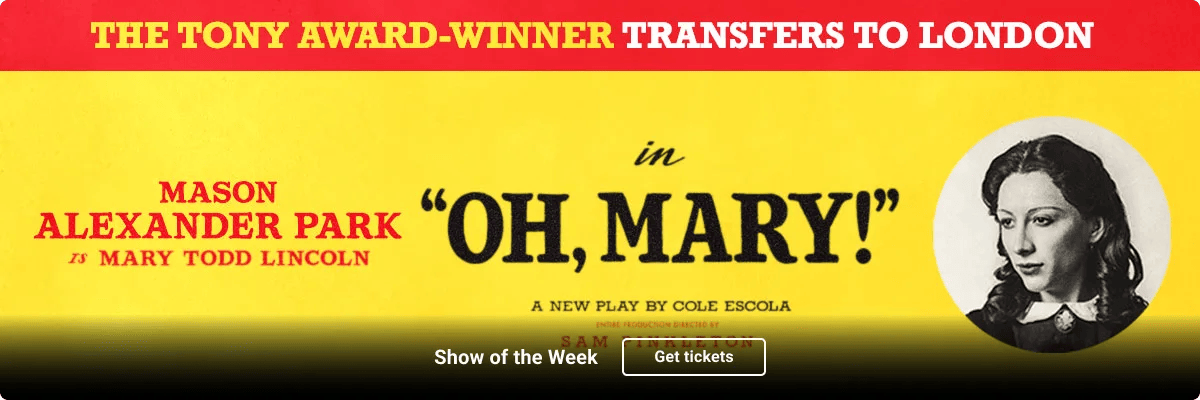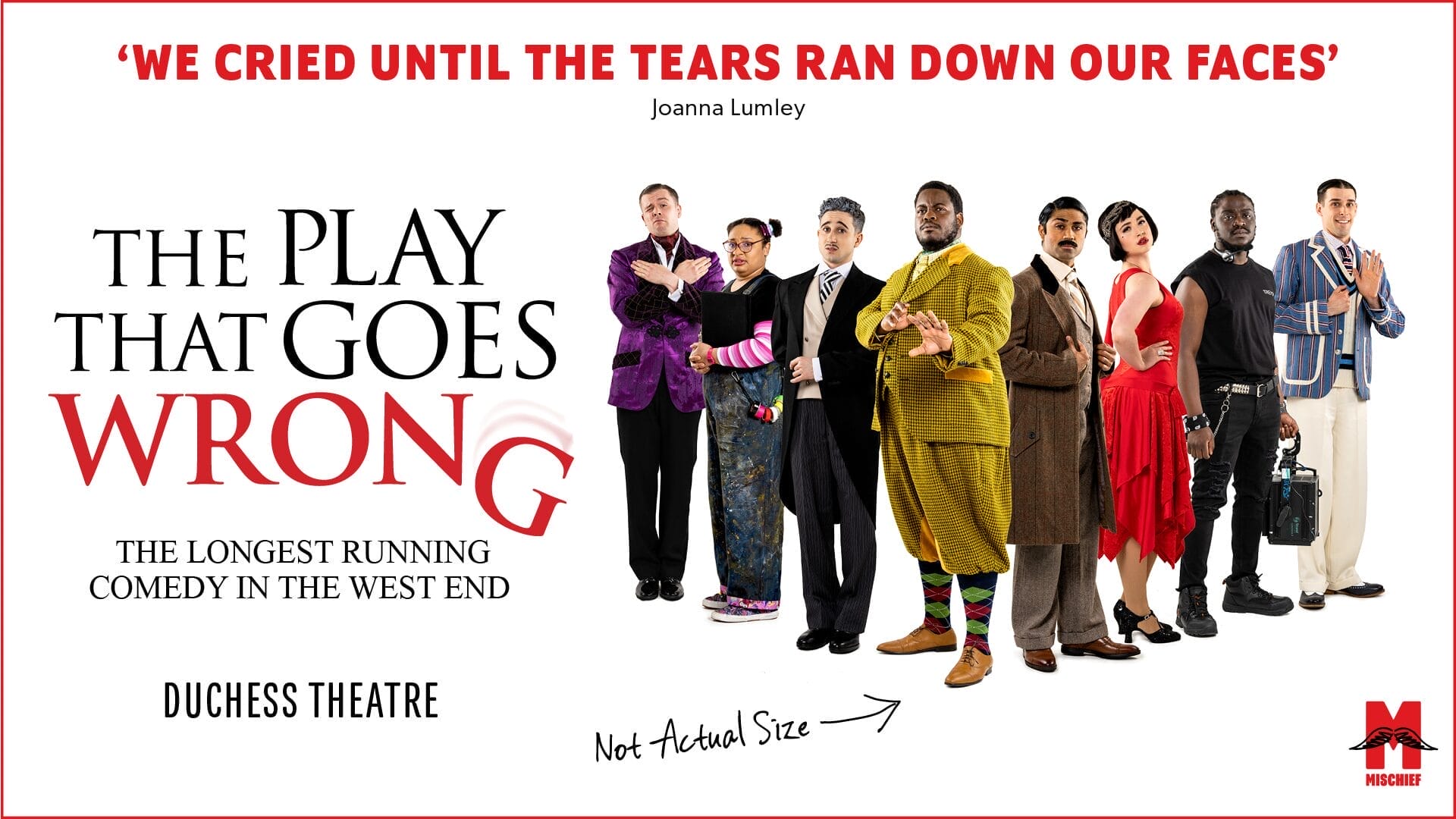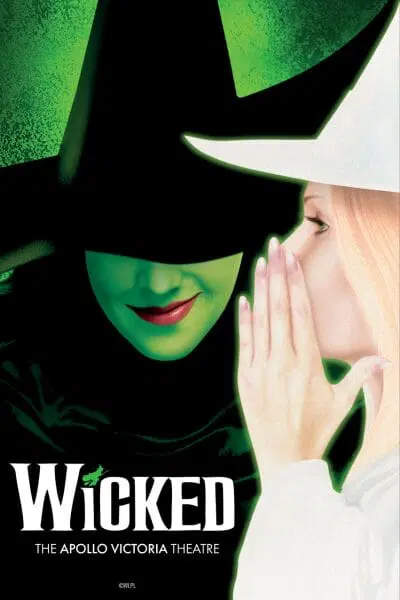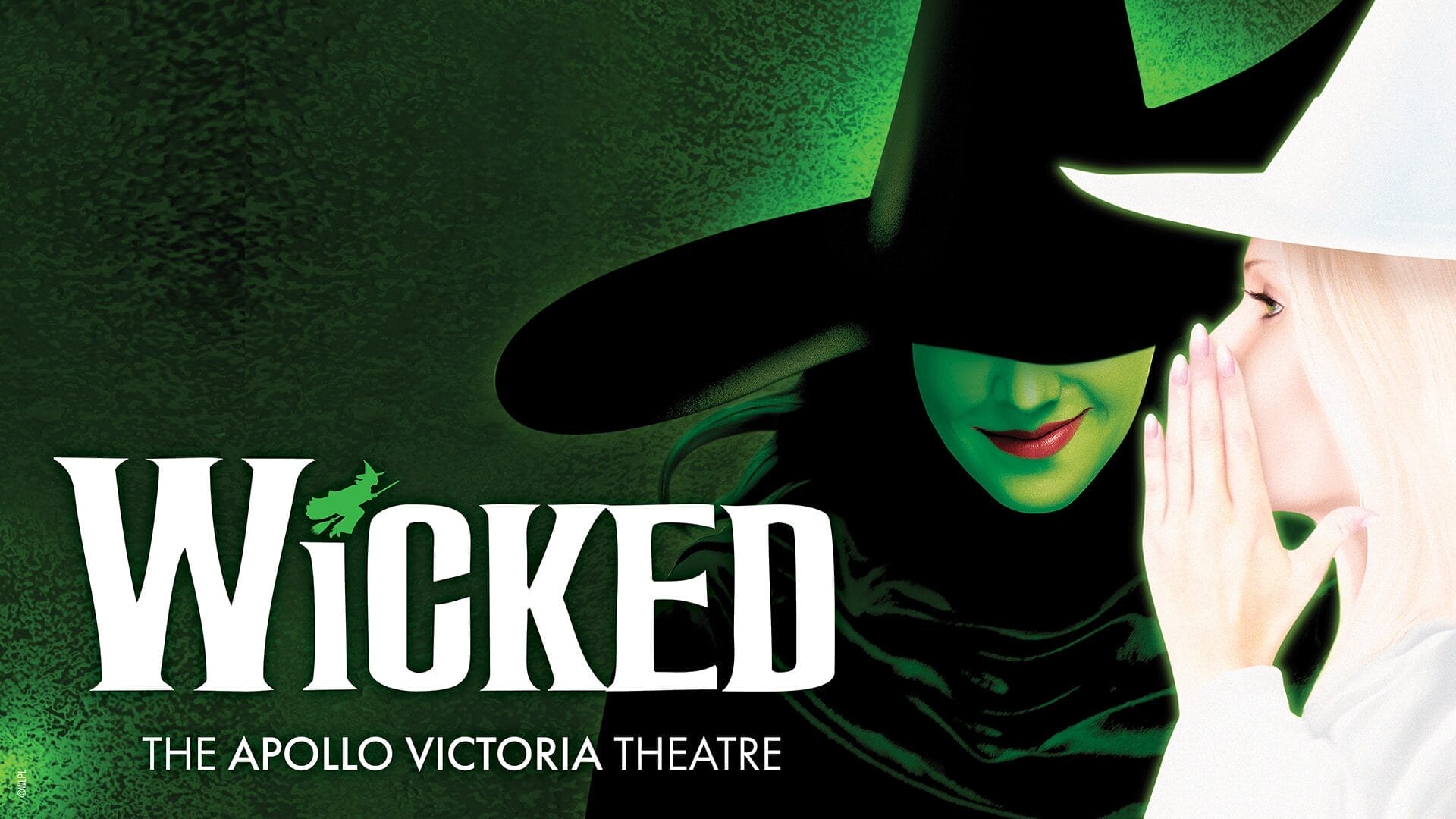 There are not many of us who would relish being summoned for jury service, but in the case of Agatha Christie’s Witness for the Prosecution we should be willing to make an exception. Lucy Bailey’s production is now in its fifth year of performances and following its forced pandemic hiatus, returns to London’s magnificent County Hall with an all-new cast, led by Joe McNamara as the accused and Emer McDaid as his duplicitous wife.
There are not many of us who would relish being summoned for jury service, but in the case of Agatha Christie’s Witness for the Prosecution we should be willing to make an exception. Lucy Bailey’s production is now in its fifth year of performances and following its forced pandemic hiatus, returns to London’s magnificent County Hall with an all-new cast, led by Joe McNamara as the accused and Emer McDaid as his duplicitous wife.
Christie’s work is rich pickings for all sorts of successful screen and stage adaptations, you need only look to St. Martin’s Lane to see her most famous play still entertaining audiences almost seven decades on. Yet, Witness for the Prosecution, reputedly one of her favourites, is perhaps the most suited to being performed in front of a live audience.
It is the venue, County Hall, that leads to this particular judgement. The former debating chamber that once saw City of London politicians thrash out the issues of the day becomes a stand in for The Old Bailey, where now it is the Queen’s Councillors who battle over the innocence or guilt of Leonard Vole.
The grandeur is unmistakable, and the sound effects that create the sense of long foreboding corridors just outside the chamber, only serves to heighten the sense that the scales of Lady Justice are hanging precariously over our heads, as the audience surround the stage in what must be the comfiest way to watch a play in London. An unusually large cast also help to create the courtroom feel, from Nicholas Fretwell’s Clerk of The Court to Lorna Lowe’s Stenographer.
The atmosphere created by Bailey is unmistakably one of the key drivers in this production’s success. The other is Agatha Christie. As with most of Christie’s work there is a twist in the tale that surprises everyone (I’ve seen it before and still found myself shocked at the dramatic turn of events). So, it almost goes without saying that this is gripping stuff, particularly when Miles Richardson and Jonathan Firth begin their verbal sparring on the courtroom floor, frequently slapped down by Martin Turner’s Mr Justice Wainwright.
The young, handsome, and charming Leonard Vole is accused of the murder of a wealthy woman whom he had only recently befriended, now he’s inherited her estate. As the trial progresses and conflicting evidence is presented, flashbacks are achieved through Mic Pool’s unobtrusive sound effects, and we are occasionally transported beyond the court room walls. Christie knows how to keep us on our toes, but it’s Bailey’s careful balancing act between what we know, and what we are still to find out, that makes this a thrilling evening of suspense.
Joe McNamara makes an exceptional professional stage debut as Leonard Vole, fully exploiting the range of the character to take the audience on a tumultuous journey. Playing opposite as Vole’s spouse, Emer McDaid owns the stage at every appearance, delivering each line with cold detachment.
Whether Witness for the Prosecution has the enduring stamina of The Mousetrap is something for future generations to discover, but in the here and now, County Hall makes a stunning backdrop for a contemporary staging of one of Agatha Christie’s best dramas.























Comments 1